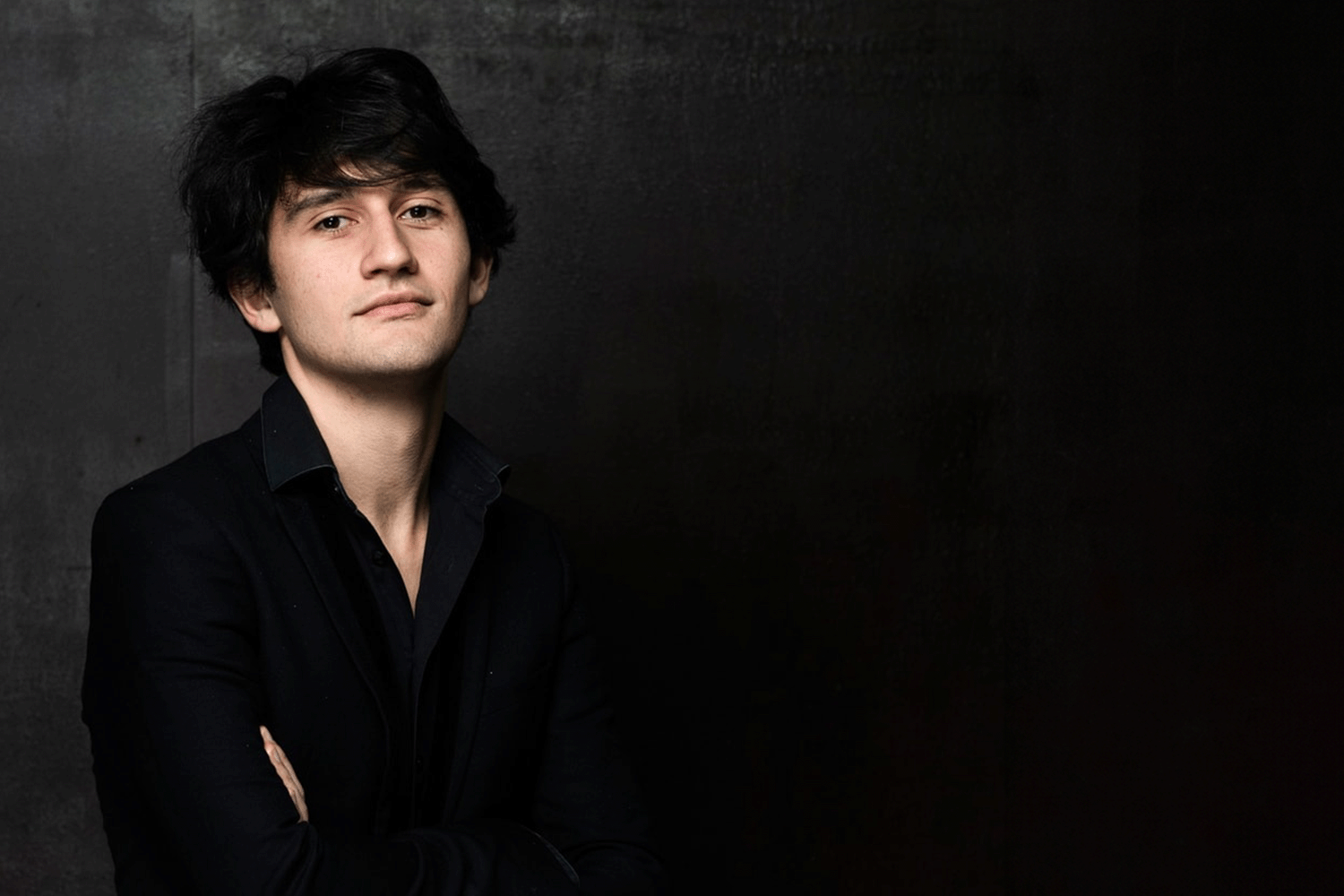
Théotime Langlois de Swarte. Courtesy dell'artista.

Théotime Langlois de Swarte. Courtesy dell'artista.
In conjunction with the Early Music seminar, the Tapestry Room will host a special concert featuring young professional and semi-professional violinists specialising in Baroque repertoire.
The seminar is part of an important thematic exhibition dedicated to Giacomo Casanova, through the research and study of scores and other musical material that evokes the possible common Parisian acquaintances of Giacomo Casanova and Joseph Boulogne. Twenty years younger, Boulogne shared several biographical traits with the famous Venetian: a regular in other aristocratic circles, a legendary seducer, a violinist, and later also a political agent and Freemason. Boulogne’s work will in fact be put into perspective with his political activities.
The main teacher will be Théotime Langlois de Swarte, a young star of European and world Baroque violin playing; he will be assisted in the symphony repertoire by the Director of Seminars, Pedro Memelsdorff.
Le Concert des Amateurs
Joseph Bologne Chevalier de St. George, Concertos and Symphonies, 1770-1780
Scholarship performers:
Akdzha Dzhanykova, violin
Laurène Patard-Moreau, violin
Simone Pirri, violin
Accompanists:
Hyngun Cho Choi, cello
Nicola Lamon, organ and harpsichord
Géraldine Roux, viola
Conductors: Théotime Langlois de Swarte and Pedro Memelsdorff
Event organised with the support of:
Regione del Veneto; Concordance Foundations; Irma Merk and L.+ Th. La Roche
—
Joseph Bologne, Chevalier de St. Georges, born in Guadeloupe in 1745 to settler Georges Bologne and enslaved African descendant Nanon, lived in France from 1753, where he developed a dual career as a martial arts expert – especially in fencing – and as a composer and violinist. Possibly a pupil of François-Joseph Gossec and Antonio Lolli, he first became a member and then conductor of Gossec’s Concert des Amateurs orchestra – later one of the most renowned in Europe – making his debut in 1772 with his own violin concertos. From then on, he composed an important body of instrumental music, including two collections of string quartets (among the first composed in Paris), a dozen extraordinary violin concertos and as many symphonies concertantes, as well as at least six operas and scattered arias. In fact, in 1776 he was proposed as director of the Paris Opera, but his appointment was blocked by some of the ladies of the management, who asked Marie Antoinette not to “degrade their honour by placing them under the orders of a mulatto” – a scandal that convinced Louis XVI to nationalise the Opera. This edition of the seminars focuses on Bologne’s instrumental music, in particular his violin concertos and some of his symphonies.
This will also be the repertoire for the final concert by the scholarship holders selected through an international competition.

Théotime Langlois de Swarte. Courtesy dell'artista.